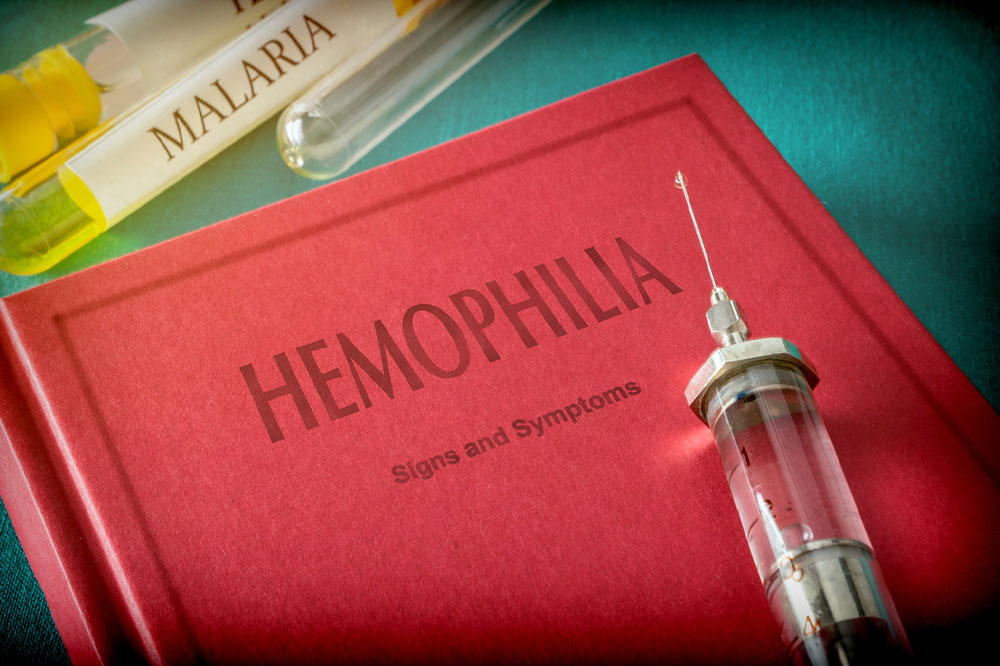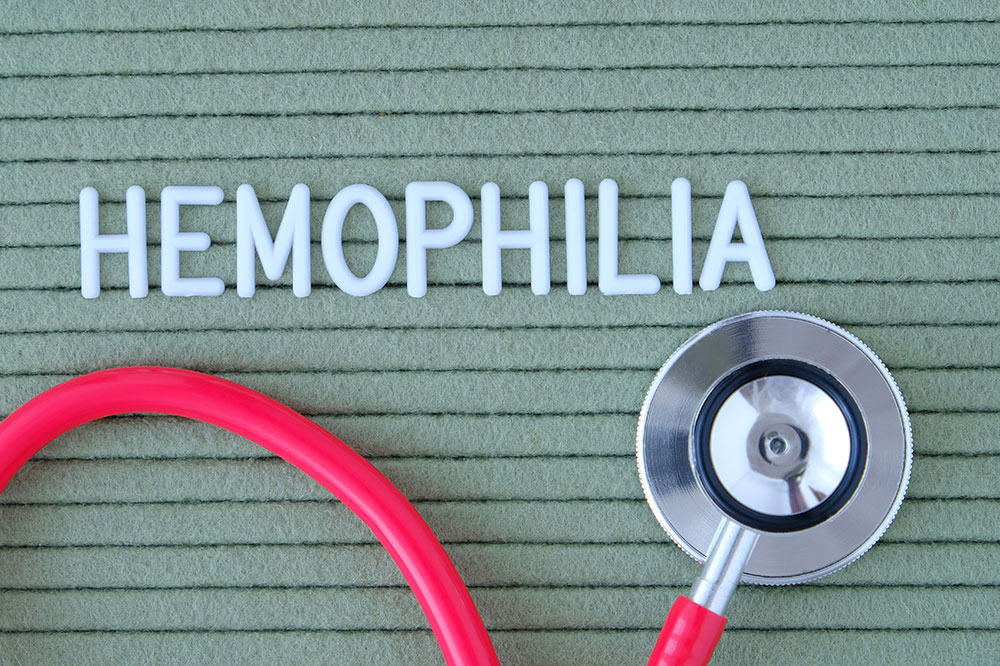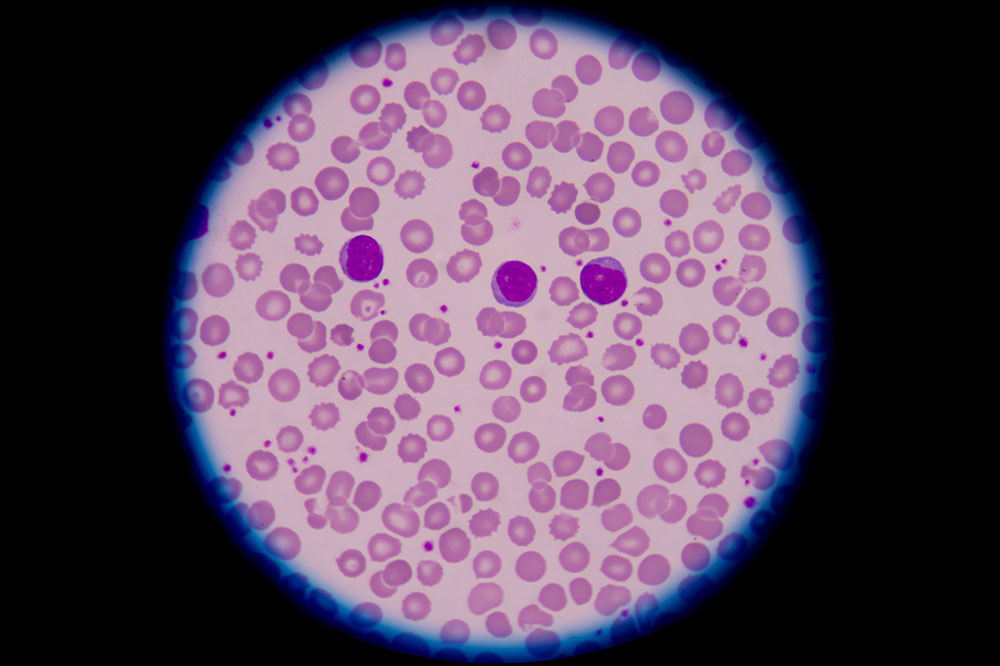Beware of Unusual Bleeding Conditions: Symptoms and Types
Explore the rare and unusual bleeding disorders that affect blood clotting, including symptoms, types like Von Willebrand disease and hemophilia, and the importance of proper diagnosis and management. Understand treatment options available for managing these conditions effectively.

Beware of Unusual Bleeding Conditions: Symptoms and Types
Bleeding disorders cause abnormal bleeding both inside and outside the body. Many people remain unaware of these rare conditions.
These disorders arise when the blood's clotting mechanism is impaired. This can lead to excessive bleeding in joints, muscles, or other areas. Platelets are blood cells that form plugs at injury sites, while clotting proteins create a fibrin gel that stabilizes the plug.
Such bleeding issues can be caused by low red blood cell count, vitamin K deficiency, use of blood thinners, or damage from injuries.
Common bleeding disorders include:
Von Willebrand Disease
This inherited condition results from a deficiency or dysfunction of von Willebrand factor, a protein vital for clot formation. It is classified into three types: 1, 2, and 3, with type 1 being mild and type 3 severe. Women are more often affected, especially during menstruation. Patients should avoid aspirin and ibuprofen without medical advice and consult a hematologist before surgeries to prevent excessive bleeding.
Hemophilia
Genetic in origin, hemophilia mainly affects males since it is linked to the X chromosome. It causes prolonged bleeding even from minor cuts and internal bleeding in muscles and joints, risking tissue damage. Traditionally treated with blood transfusions, modern therapies now utilize lab-produced synthetic clotting factors, reducing infection risks.
Other Bleeding Conditions
Beyond these, numerous rare bleeding disorders exist, such as deficiencies in specific clotting factors or inherited platelet function disorders like Bernard-Soulier syndrome, Glanzmann’s thrombasthenia, and platelet storage pool deficiencies. Since most of these are seldom diagnosed, knowledge remains limited. These disorders can be inherited or acquired later in life. Diagnosis hinges on thorough medical history and testing.
While some treatments can lessen symptoms, there is currently no cure. Patients must adhere to medication schedules and avoid activities that pose injury risks to manage their condition effectively.
Note:
Our articles provide informative insights across various health topics. The content is based on research and should not replace professional medical advice. The site cannot be responsible for data inconsistencies or missing offers. Always consult healthcare professionals for personalized guidance.










